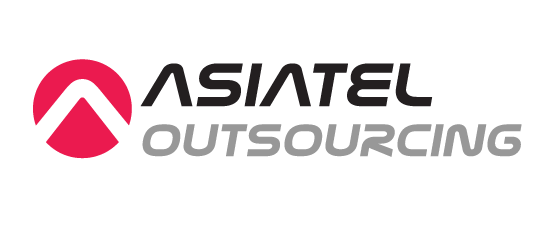The Philippines is one of the favored destinations for outsourcing.
As per an article dated October 2, 2017, in Nikkei Asian Review, the Philippines accounted for a 12.6 % share in the global outsourcing market in 2016 and recorded revenues of US$ 23 Bn with direct employment to 1.3 million people. The business districts and downtowns of Metro Manila are teeming with BPO-grade towers and are a clear reflection of the demand for the industry.
The customers wanting to come to the Philippines vary from small enterprises to large companies. Large companies have a lot of resources to make the right choice in terms of vendors and method of entry. This article is largely focused on small businesses and SMEs to help them identify the right method of entering the Philippines for outsourcing their business activities.

Seat Leasing
Seat leasing is a plug-and-play product where an outsourcing provider offers you ready-made call center infrastructures such as call center cubicles, IT equipment, Internet, and administrative facilities of offices in general.
Pros
- Plug and play and offers a quick start
- No need to do CAPEX
- Winding down is easier
- Overall, very convenient option for an experiment or a pilot project
Cons
- There are some pre-requisites such as local company registration that are needed to get a seat lease contract. Some customers opt for a local partner in order to meet this requirement. This can be a tricky issue as there are risks associated with working with a partner only for sake of compliance. This could lead to misunderstanding and financial implications. If the local partner is not doing the local compliance well in terms of statutory employee welfare then there is a fallout in terms of team disintegration. The cost of training and recruitment and salaries spent on resigned staff can make the project unviable.
- The contracts are sometimes offered on a loose basis like consultancy contracts. The manpower does not get stability and will often change the job in case it gets another opportunity offering full perks. The risk is again wastage of salaries on short-term members, recruitment costs, and production losses during the training period.
- Seat leasing alone is not the solution and it should be complemented by Manpower leasing so that there is continuity of operations.
The seat leasing may appear cheaper than managed operations. However, if the Cons do hit you, then it can turn out to be very expensive.
We strongly recommend considering co-sourcing or managed operations with a reputed center before choosing the options. For inquiries, you can write to us at bd@athl.com.hk
